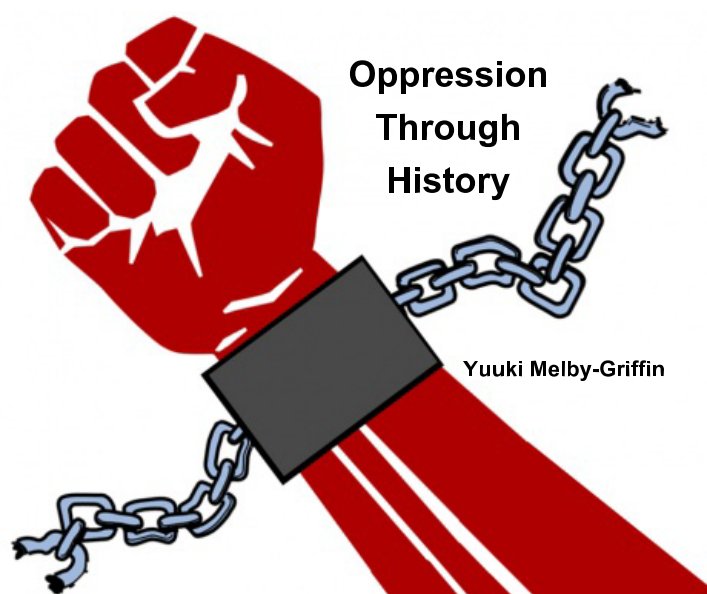WATER RIGHTS ARE GIRLS’ RIGHTS

PICTURE CREDIT ( https://www.ohchr.org/en/stories/2022/09/despite-being-forefront-activism-women-and-girls-still-face-barriers )
Growing up in a small village in Ghana, West Africa, I experienced firsthand the disproportionate burden of water scarcity on girls. As a child, I was tasked with fetching water, cooking, and performing other domestic chores, while my brother played soccer or relaxed. This unequal division of labor sparked a sense of injustice within me, though I couldn’t quite articulate it.
It wasn’t until I discovered ecofeminism that I gained a deeper understanding of the interconnectedness of environmental degradation, social injustices, and gender norms. Ecofeminists like Hobgood-Oster argue that the exploitation of nature and the oppression of women are linked, stemming from patriarchal systems that prioritize dominance and control.
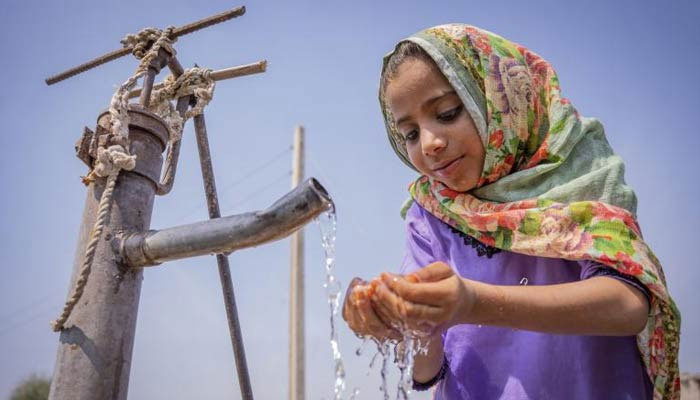
https://www.thenews.com.pk/print/1289383-why-clean-water-is-a-women-s-issue (PICTURE CREDIT)
In many communities, women and girls bear the brunt of water scarcity, spending hours collecting water and facing health risks. This burden limits their access to education, economic opportunities, and personal development. Through an ecofeminist lens, I see how water scarcity is not just an environmental issue, but also a matter of social justice and human rights.
My journey has taught me that recognizing the intersections of water, gender, and environmentalism is crucial for promoting sustainable development and social change. By acknowledging the disproportionate impact of water scarcity on girls and women, we can work towards more equitable solutions that prioritize their needs and perspectives
As I reflect on my experiences, I’m reminded of the importance of challenging patriarchal norms and promoting sustainable practices that benefit all. By embracing ecofeminist principles and advocating for girls’ education and water rights, we can create a more just and equitable world.
Through this journey, I’ve come to realize that water rights are indeed human rights, and that girls’ empowerment is critical for sustainable development. By working together, we can ensure that everyone has access to clean water, education, and opportunities for a brighter future As I reflect on my water usage, I’ve started educating my kids and family about the importance of conservation. Simple actions like turning off the tap while brushing teeth or taking shorter showers can make a significant difference. This personal journey has led me to explore the intersectionality of water scarcity and girls’ education through the lens of ecofeminism. Water scarcity is a pressing global issue, but its impact is not felt equally. In the Global South, girls bear a disproportionate burden, spending hours collecting water, facing health risks, and missing out on education. Promoting sustainable water management practices and advocating for girls’ education are crucial steps towards addressing this issue.
Ecofeminism, introduced by authors like Ariel Salleh and Vandana Shiva, highlights the interconnectedness of environmental degradation and social injustices. Shiva’s work emphasizes the need for sustainable development that prioritizes local communities and ecological balance. In “Staying Alive: Women, Ecology, and Development,” Shiva argues that women’s knowledge and perspectives are essential for promoting sustainable development.
Charlotte Bunch’s feminist theory also sheds light on the importance of addressing the root causes of social injustices. In “Passionate Politics: Feminist Theory in Action,” Bunch emphasizes the need for collective action to challenge patriarchal systems and promote social change.
The impact of water scarcity on girls’ education is a critical concern. When girls spend more time collecting water, they have less time for education, perpetuating cycles of poverty. Research shows that girls’ education is critical for sustainable development and environmental conservation (UNICEF). By promoting girls’ education, we can foster a new generation of leaders who prioritize sustainable development and environmental stewardship.
Vandana Shiva’s work also highlights the importance of local knowledge and community-led initiatives in promoting sustainable development. In an interview, Shiva emphasizes the need for community-led initiatives that prioritize local knowledge and participation.
So, how can we drive effective social changes? Firstly, raising awareness about the intersectionality of water scarcity and girls’ education is crucial. By sharing knowledge and personal experiences, we can inspire others to act. Secondly, promoting sustainable water management practices in our households and communities can make a significant difference. Finally, advocating for policies and programs that prioritize girls’ education and sustainable development can help create a more equitable and environmentally conscious future. Bottom line is water rights are indeed girls’ rights. By promoting sustainable water management practices and advocating for girls’ education, we can create a brighter future for all. As individuals, we can make a difference by adopting simple water-saving practices and supporting community-led initiatives. Together, we can drive meaningful changes and ensure that water rights are recognized as a fundamental human right.
UNICEF. (Reports on Girls’ Education).
After reading the works of ecofeminists like Vandana Shiva and Charlotte Bunch, I made three new connections, which are as follows: Ecofeminism highlights the interconnectedness of environmental degradation and social injustices, particularly affecting women and girls. Shiva’s work emphasizes the need for sustainable development that prioritizes local communities and ecological balance. Another one I got out of the reading is that effective water management practices require consideration of gender dynamics. Girls and women often bear the brunt of water scarcity, spending more time collecting water and facing increased health risks. Promoting girls’ education can help break this cycle. And lastly Education empowers girls to become agents of change in their communities. By promoting girls’ education, we can foster a new generation of leaders who prioritize sustainable development and environmental stewardship.
However, upon reflection, I noticed three elements that were previously unclear, for example
The readings highlighted the critical link between water scarcity and girls’ education. When girls spend more time collecting water, they have less time for education, perpetuating cycles of poverty.
It also offers a unique perspective on sustainability, emphasizing the need for holistic approaches that consider social and environmental justice. One thing that Vandana Shiva’s work emphasizes is the importance of local knowledge and community-led initiatives in promoting sustainable development.
These connections are supported by evidence:
– Research shows that girls’ education is critical for sustainable development and environmental conservation (UNICEF).
– Ecofeminist theories highlight the disproportionate impact of environmental degradation on women and girls (Shiva, 2018).
– Community-led initiatives prioritizing local knowledge and participation can effectively promote sustainable water management (Shiva, interview).
I believe change starts from me, but to do so, I can: Raise Awareness by sharing knowledge about the intersectionality of water scarcity and girls’ education, Promote Sustainable Practices by encouraging households to adopt water-saving practices, and support Girls’ Education Advocate for policies and programs prioritizing girls’ education. (which I have started doing in my little village)
By promoting sustainable water management and advocating for girls’ education, we can create a more equitable and environmentally conscious future.
References:
Shiva, V. (2018). Staying Alive: Women, Ecology, and Development. North Atlantic Books.
Bunch, C. (1987). Passionate Politics: Feminist Theory in Action. St. Martin’s Press.
Hobgood-Oster, L. (2016). Introduction to ecofeminism. Fortress Press.


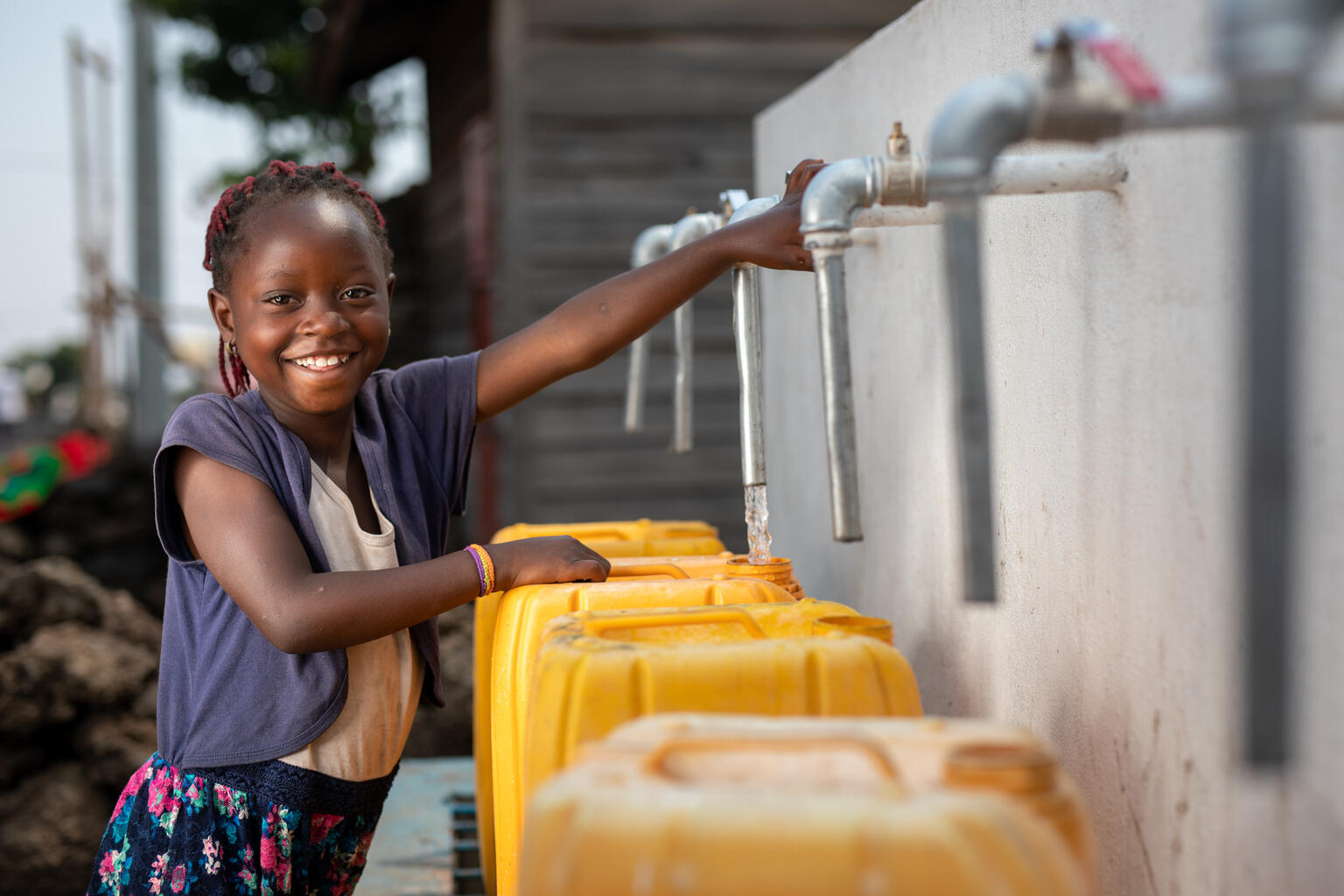
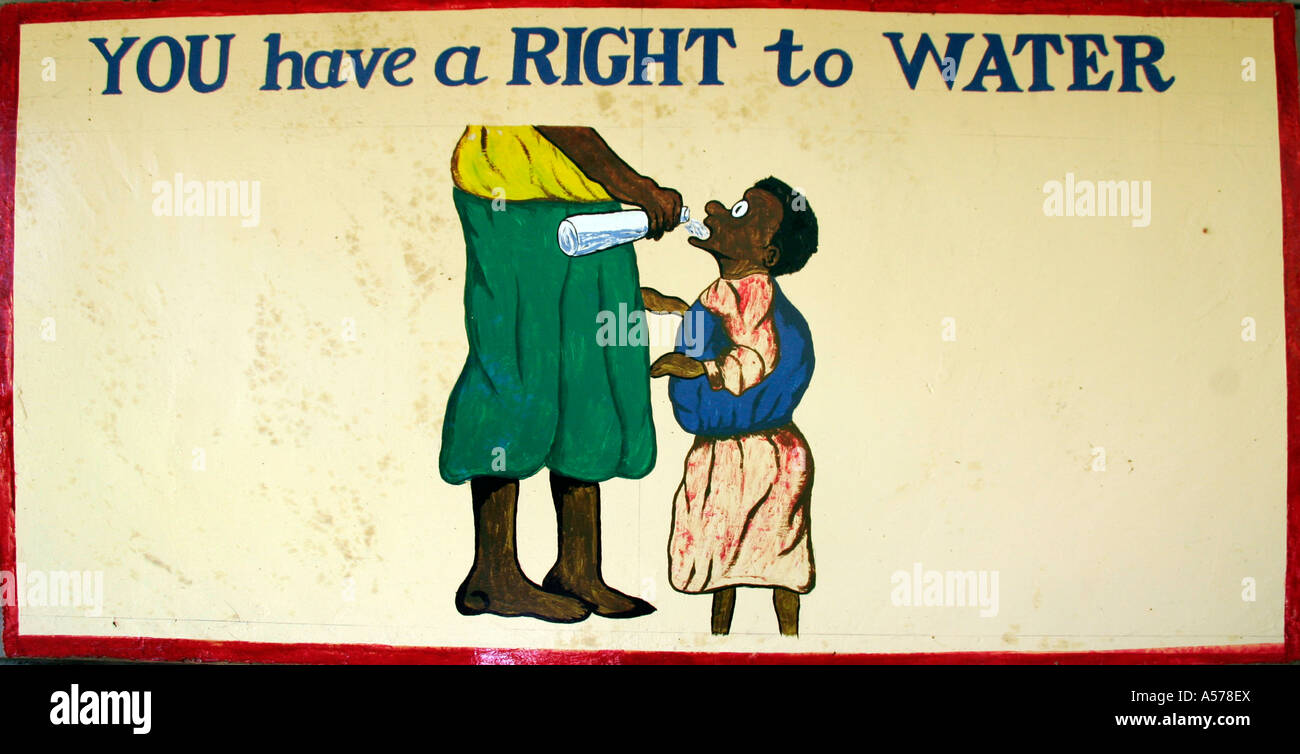
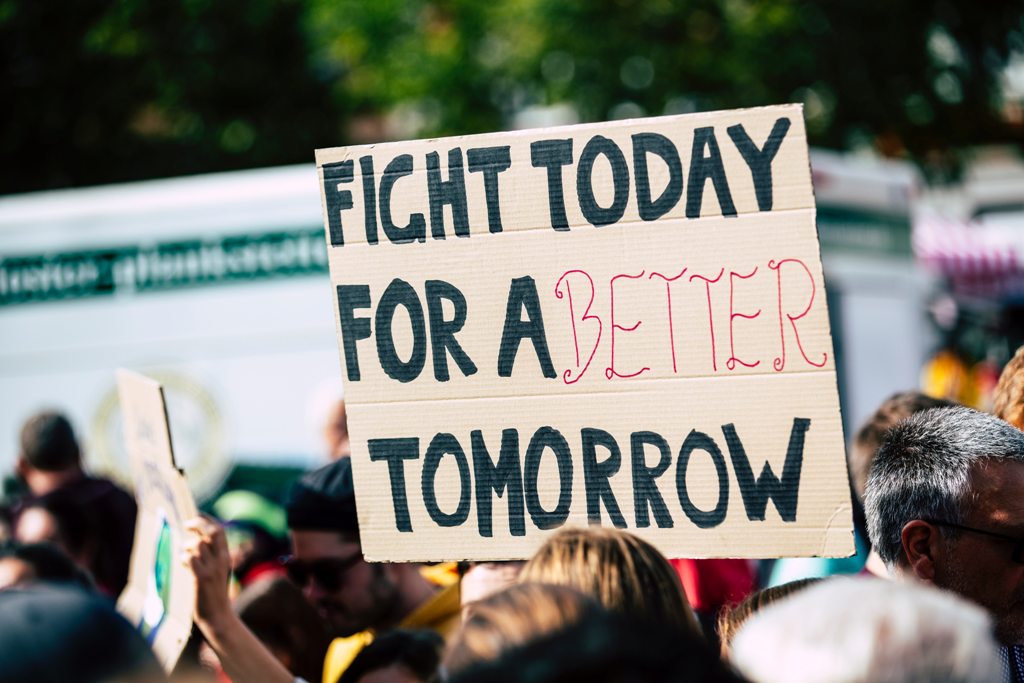 Reflecting on my recent experiences, I am reminded of the importance of activism in bringing about social and environmental change. According to the dictionary, activism is defined as “a policy or action of using vigorous campaigning to bring about political and social change.” In today’s world, social media has become a powerful tool for activism, allowing individuals to raise awareness and mobilize support for various causes.
Reflecting on my recent experiences, I am reminded of the importance of activism in bringing about social and environmental change. According to the dictionary, activism is defined as “a policy or action of using vigorous campaigning to bring about political and social change.” In today’s world, social media has become a powerful tool for activism, allowing individuals to raise awareness and mobilize support for various causes.